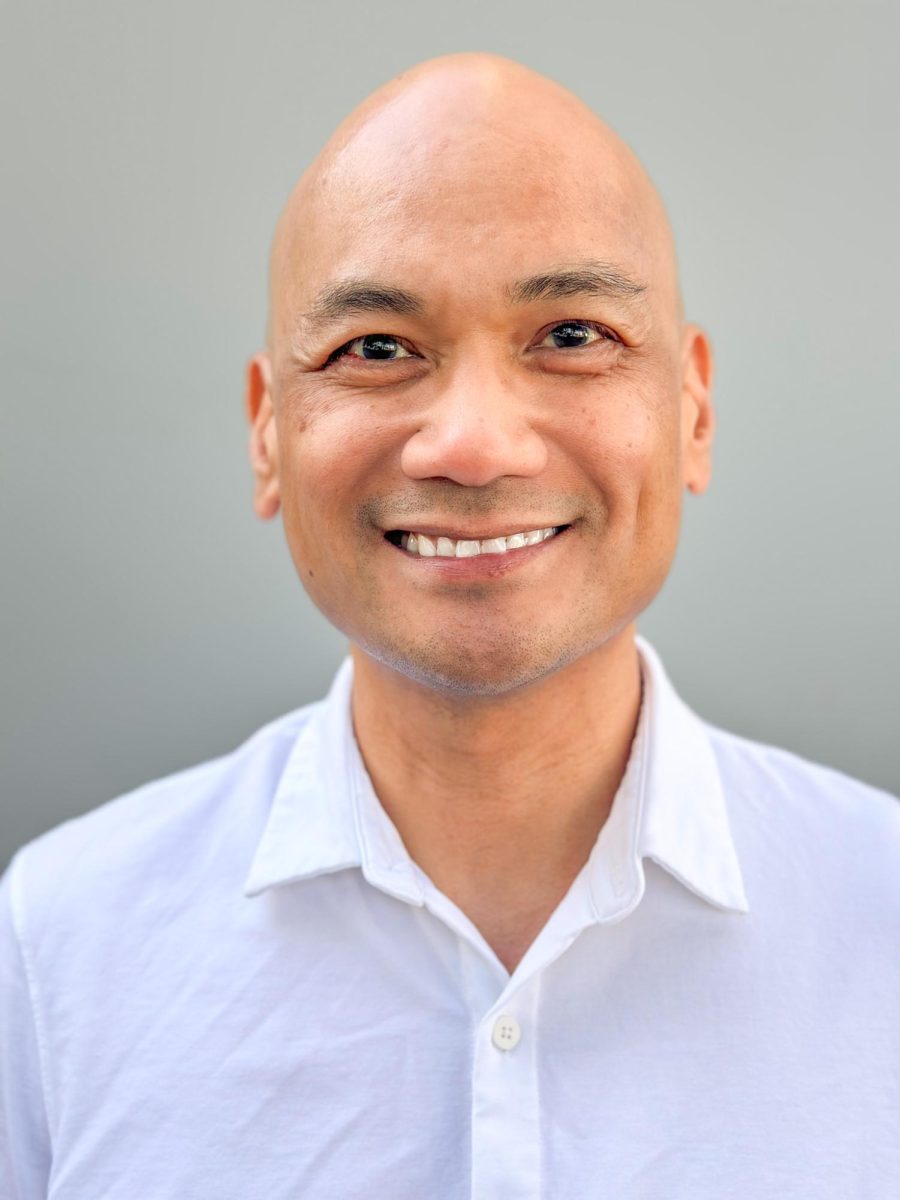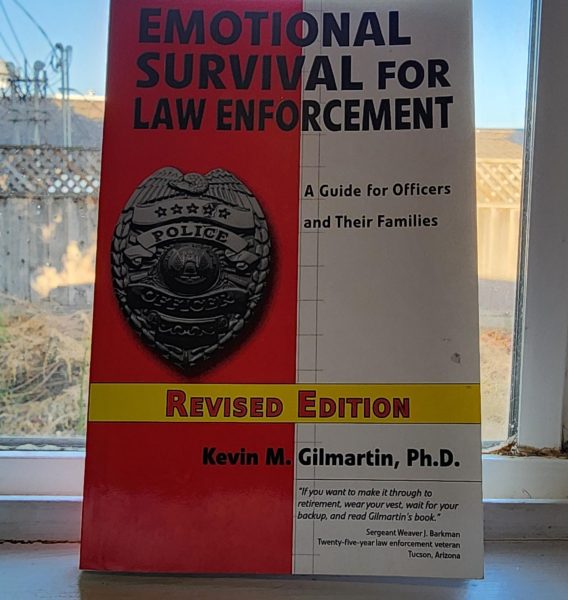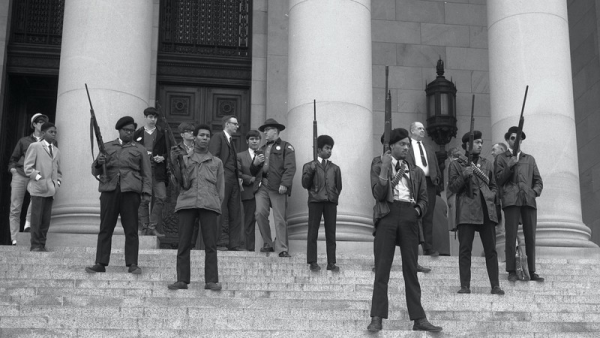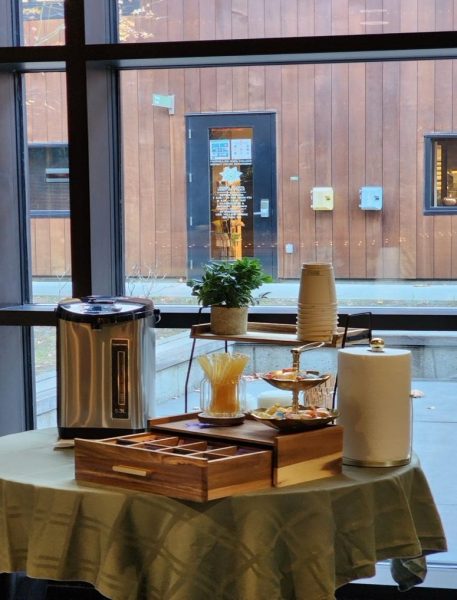Opinion: The Language of Racism
“Ew, your color is like chocolate.” said a little girl in disgust.
It was the first time I had heard that word being used in a negative way. Chocolate. Everyone loves chocolate. How come my chocolate colored skin was gross to them? As a five year old, I didn’t get it — but it still spited a journey of self hate.
Listening to Activist and Artist Phavia Kujichagulia’s lecture, hosted on the 8th of February for Black History Month, was very inspiring. Much of her talk hit home for me. I watched her passionately tell the story of racism. Unlike many other presenters I have witnessed, she spoke the truth in the most honest authentic and confident way.
Sister Kujichagulia ended her talk with a discussion about the language of racism. She spoke about the words we use in history and in our day to day life. She spoke wisely when she said, “Words control our reality. They are powerful.”
I’ve always believed so. Words are powerful. I listened intently and found my mind racing with so many phrases I’d heard throughout my lifetime that had made me feel lesser than.
“Third World,” a term used in a global perspective class in 10th grade was one of them. It was hurtful. They viewed my people as less than — we weren’t even good enough to be a part of their world. It made me feel distant. Then the word was changed to “underdeveloped,” as if that was better. Sister Kujichagulia mentioned “minority equals, the main word is ‘minor,’” again restating that we are lesser than. She provided many examples that showcased the different terms used when discussing white people versus black people such as “civilization versus barbarism” and “tribe versus white people.”
There is a trend of using language that has negative connotations when describing people of color. Neutral and positive words, on the other hand, are almost always associated with western culture. The way we speak shows how we think and feel about racism. There are biases embedded in the language we use. As Kujichagulia said, “we were given language to sterilize white supremacy.”
We are taught “tolerance” of diversity. We are taught to just tolerate, to just endure other cultures — meaning we barely accept it. Respect, though, is what needs to be highlighted and taught. We must actively break down stereotypes and assumptions and try to learn about people who are different than us without judgement.
When that doesn’t happen, microaggressions occur.
“But aren’t you just being sensitive?” some may ask.
No. I am not.
We learn to communicate through our words — they are usually our first impression of people and cultures. When we use loaded words and throw them around easily, there is an impact. Associating negative words with people of color will perpetuate racism. Saying, for example, a racially insensitive joke feeds to the biases that people have.
Which is why we always have to be aware about what we say and how we say it. A way to help you in this journey is to show up to lectures — they will teach you a lot. They are worth your time. As the wise and inspiring Kujichagulia, said “the truth can set us free.”



























































































